Immigrant candidates in multi-level Germany, paper presentation by Danny Schindler at the ninth conference of the ECPR Standing Group on Parliaments, Barcelona.
Discourse on representation in the Association of European Senates, paper presentation by Franziska Carstensen at the ninth conference of the ECPR Standing Group on Parliaments, Barcelona.
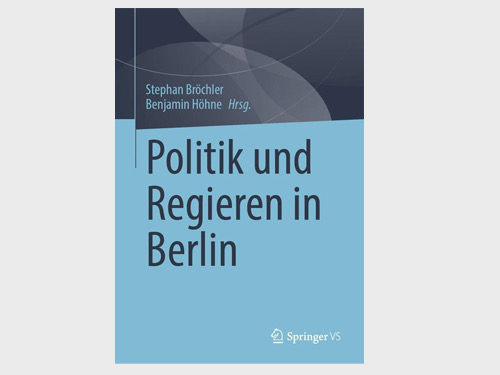
Does decision-making in parliamentary groups follow democratic standards? Oliver Kannenberg and Danny Schindler have investigated this question in an anthology on the Berlin House of Representatives.
Short presentation by Christian Ignorek as part of the SWuD Open House at Kieler Woche
Participation of Danny Schindler in the panel discussion "Die Legislative in Gefahr? Historical and current challenges in dialogue", organised by the Chair of Modern and Contemporary History (Prof. Dr. Theo Jung), Martin Luther University Halle-Wittenberg
Short presentation by Daniel Hellmann as part of the SWuD Open House at Kieler Woche
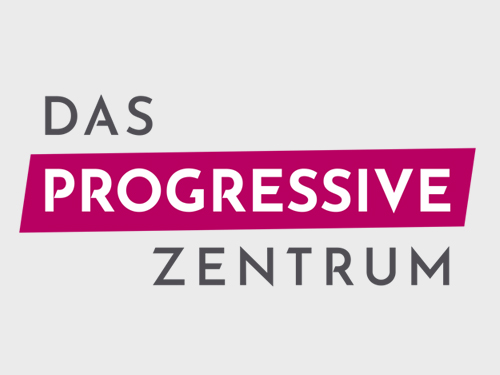
How resilient is liberal democracy? This question was the focus of a roundtable on democratic politics organised by the Bertelsmann Stiftung and the Progressive Centre. Danny Schindler spoke on the ability of parliaments to act.
Lecture by Danny Schindler at the Akkon University of Applied Sciences, Berlin.
Paper presentation by Danny Schindler at the Global Conference on Parliamentary Studies, Athens
Keynote speech by PD Dr Werner Reutter (HU Berlin) at the IParl Research Colloquium, Berlin.
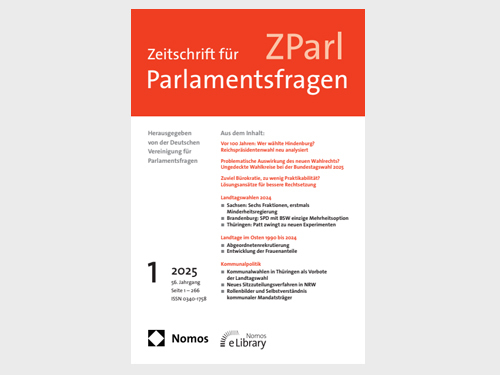
How do local councillors define their political role - between citizen dialogue, administrative logic and digital participation approaches? The article by Kevin W. Settles and Nadin Fromm et al. in ZParl offers empirically sound insights and discusses challenges and reform perspectives.
Presentation of the dissertation project by Nino Kapanadze (Tbilisi State University) at the IParl Research Colloquium, Berlin.

Lots instead of elections? The idea of drawing lots rather than electing decision-makers is not new - but it has been gaining attention in recent years. How exactly do citizens' assemblies work? What are their strengths - and their weaknesses? We discussed these and other questions in a double episode with Frank Decker from the University of Bonn and Florian Wiezcorek from Mehr Demokratie e.V. in order to approach these questions from both an academic and a civil society perspective.

In the second part of the double episode on citizens' assemblies, we look at the practical implementation and the civil society perspective. With Florian Wiezcorek from Mehr Demokratie e.V., we discuss the possibilities of the format and previous experiences with citizens' assemblies.
Paper presentation by Daniel Hellmann at the panel conference "Wie wird jetzt regiert?" organised by the Section for Government Research and Governance in the Federal Republic of Germany in cooperation with the Schader Foundation, Darmstadt.
Interdisciplinary panel discussion organised by the Chair of Civil Law, Intellectual Property Law and Competition Law at Martin Luther University together with the Ministry of Justice of the State of Saxony-Anhalt, with Kevin Settles, Halle (Saale), among others.

When filling ministerial posts within the party, attention is paid to a variety of points: Gender, regional origin or wing affiliation. Nevertheless, this does not stand in contrast to the necessary expertise, as Oliver Kannenberg explains in an interview with ARD Brisant.

Coalition collapse, new elections, Chancellor Merz. Danny Schindler spoke to US magazine The Nation about how the new coalition government came into office and the challenges it faces.
Sign up to receive updates, promotions, and sneak peaks of upcoming products. Plus 20% off your next order.